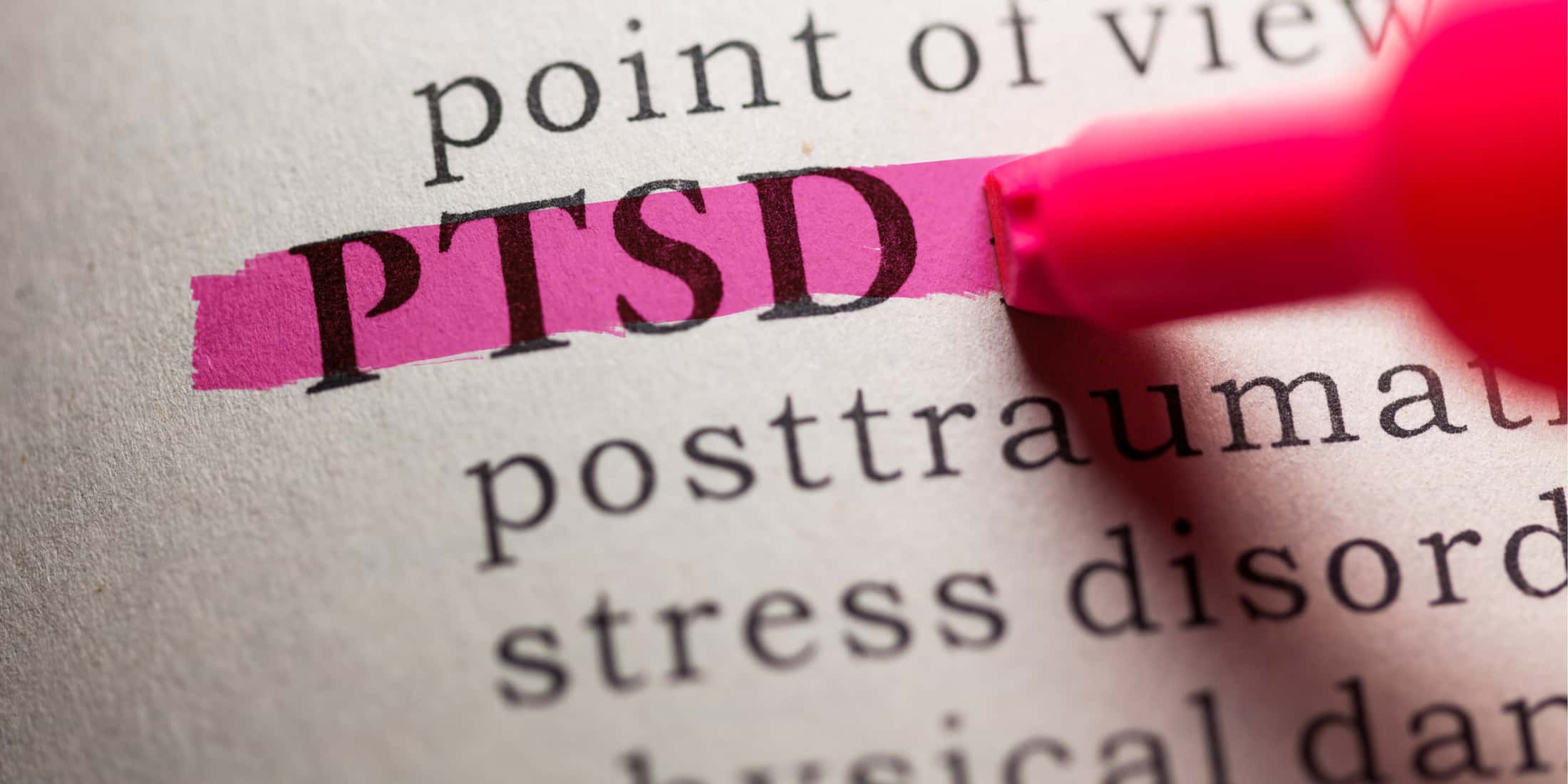Preventing Post-Traumatic Stress Disorder (PTSD) after a traumatic event involves a combination of early interventions, community support, and individual resilience-building strategies. While it’s not always possible to completely prevent the development of PTSD, especially in the aftermath of severe trauma, there are strategies that can help mitigate its impact. Here are some potential PTSD prevention strategies:
- Early Intervention:
- Crisis Intervention: Provide immediate and appropriate crisis intervention and support in the aftermath of a traumatic event. This may involve trained mental health professionals offering psychological first aid to individuals affected by trauma.
- Debriefing Sessions: Organize debriefing sessions for individuals who have experienced trauma to discuss and process their experiences. Structured and supportive discussions can help in the early stages of coping.
- Screening and Assessment:
- Early Identification: Implement screening and assessment protocols to identify individuals at higher risk of developing PTSD. This can include those with a history of trauma, prior mental health issues, or a lack of social support.
- Education and Awareness:
- Community Education: Conduct community-wide education programs to raise awareness about trauma, its potential impact on mental health, and the importance of seeking support.
- Training for First Responders: Provide training for emergency responders, healthcare professionals, and community leaders on recognizing signs of trauma and responding appropriately.
- Immediate Social Support:
- Social Connection: Facilitate immediate social support by encouraging affected individuals to connect with friends, family, or support groups. Strong social support can act as a protective factor against the development of PTSD.
- Peer Support Programs: Establish peer support programs where individuals who have experienced similar traumas can provide understanding and empathy.
- Promoting Resilience:
- Resilience Training: Introduce resilience-building programs that teach individuals coping skills, stress management techniques, and strategies to enhance emotional well-being.
- Positive Psychology Approaches: Promote positive psychology interventions that focus on strengths, optimism, and gratitude, fostering a positive mindset.
- Addressing Stigma:
- Reducing Stigma: Work to reduce the stigma associated with seeking mental health support. Encourage open conversations about mental health to create a culture where individuals feel comfortable seeking help without fear of judgment.
- Trauma-Informed Communities:
- Trauma-Informed Care: Implement trauma-informed approaches in various community settings, including schools, workplaces, and healthcare facilities. This involves recognizing the widespread impact of trauma and creating environments that prioritize safety and support.
- Access to Mental Health Services:
- Timely Access: Ensure timely access to mental health services for individuals affected by trauma. This may involve increasing the availability of crisis hotlines, counseling services, and mental health professionals.
- Integrated Care: Promote integrated healthcare models that consider both mental and physical well-being in the aftermath of trauma.
- Cognitive-Behavioral Interventions:
- Early Cognitive-Behavioral Therapy (CBT): Offer early interventions using CBT techniques, which have been shown to be effective in preventing the development of PTSD. These interventions can help individuals process and reframe traumatic memories.
- Mindfulness and Relaxation Techniques:
- Mindfulness Training: Introduce mindfulness-based interventions that focus on being present in the moment. Mindfulness has been associated with reduced stress and improved mental well-being.
- Relaxation Exercises: Teach relaxation techniques, such as deep breathing and progressive muscle relaxation, to help manage immediate stress reactions.
- Family and Community Support:
- Involving Families: Engage families in the recovery process, providing them with information on how to support their loved ones effectively.
- Community Resilience Programs: Develop community-wide resilience programs that involve various stakeholders working together to create a supportive environment.
- Trauma-Focused Education for Vulnerable Groups:
- Specialized Programs: Implement trauma-focused education programs for vulnerable groups, such as military personnel, first responders, and individuals in high-risk professions, to equip them with coping skills and awareness.
It’s essential to note that the effectiveness of prevention strategies can vary based on individual factors, the nature of the traumatic event, and the availability of resources. A comprehensive and community-wide approach, combining multiple strategies, is likely to have a more significant impact in preventing or mitigating the development of PTSD after trauma. Additionally, ongoing research and evaluation of prevention programs can help refine and improve their effectiveness over time.

